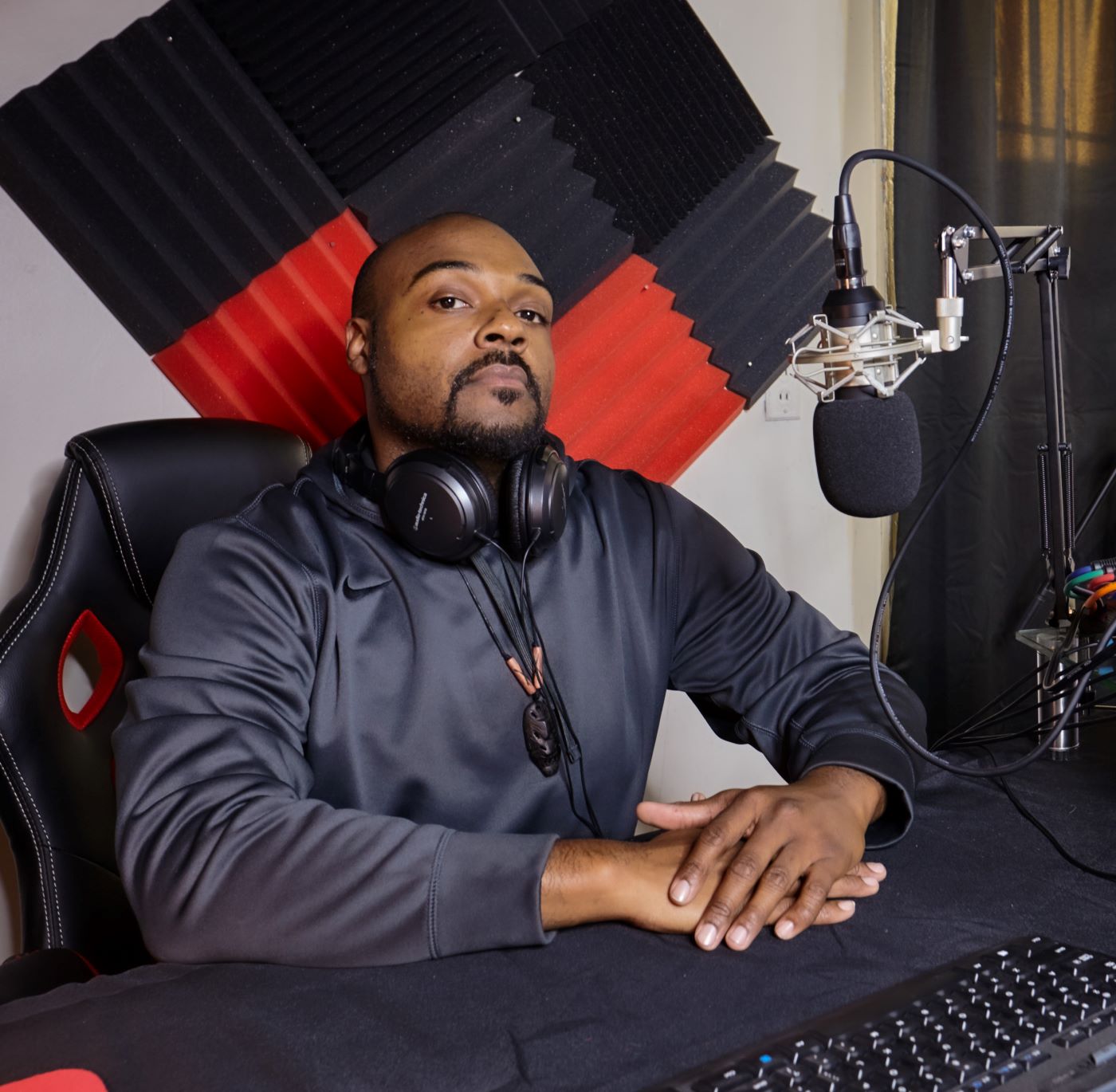Riverwise has partnered with Khary Frazier’s Detroit Is Different to bring you this special issue on our citywide elections. We are deeply grateful to Khary for the enormous amount of work he has done to present the mayoral candidates and to remind us of the ideals of community self-determination that we seek to uphold in local government. We do not endorse candidates, but we think that many people who have decided to run for offices this year are helping all of us think more expansively about the kind of city we are and the kind of city we want to become.
As we go to press, the question of whether or not we will be able to vote on the newly proposed Charter is unclear, as the Michigan Supreme Court has not yet handed down a decision. Whatever happens with the ballot, we applaud the committed effort of the Charter Commission to envision and propose new approaches to city government that would enhance the quality of life for all Detroit’s citizens. We encourage everyone to read and discuss the ideas in the new Charter, as they will help us establish beneficial policies going forward.
The mayor’s office has attracted a diversity of candidates, and while we couldn’t feature them all in this issue, we decided to present three whose ways of thinking about and approaching city politics we found particularly captivating. Myya Jones is adamant that young leaders of her generation should be claiming the major governance roles in our City, insisting it’s their time to step up. We wanted everyone to appreciate her strong, challenging voice. Anthony Adams represents the seasoned public administrator, projecting a certain confidence, offering proposals for fixing breakdowns in the system. Jasahn and Krystal Larosa may be the first ever candidates in the United States to run as a husband-wife slate for mayor and city council member. That’s so fresh! Fresher still is their conviction that we should not leave city governance to the “elites” or “experts,” but assume our responsibility as citizens to bring the wisdom of our own lived experiences to the decision-making tables of City government. These candidates encourage us to think more creatively about electoral politics — about “qualifications” for office, whom we should elect, and what we should expect of elected officials as our representatives. (Interviews with all the mayoral candidates are available on the Riverwise Facebook page.)
Over the last few years, most of Detroit’s City Council members have failed dismally to represent the concerns of the majority of Detroiters. We are eager for the potential of a newly constituted Council that will work hard to advance the interests of Detroit’s families, rather than those of the corporations and other private agencies. Once upon a time in Detroit, there were deep thinking, profoundly committed City Council members who actually fought to improve the quality of life for everyone in our City. We hope that Rich Feldman’s article on City Council ancestors will be revelatory for young people, and refresh others’ memory of a time when we could trust our representatives, who were not political functionaries, but revolutionary organizers, social innovators, civil rights fighters, and visionaries. Sara Habo’s article celebrates these same traits in U.S. Congresswoman Rashida Tlaib.
As white supremacist forces led by the Republican Party seek to set our civil rights gains back half a century, enacting laws to make it ever more difficult to actually exercise our voting rights, it has become even more important for each of us to be engaged in resisting voter suppression, pushing back against the nationwide, racist assault on voters of color. Let’s follow Stacy Abrams’s bold leadership and join the Hot Call Summer to Stop Jim Crow 2! See Alyson Jones’s article, for information on how to take action.
As we move beyond the primaries to the coming election in November, many Detroiters will be deeply engaged in the ongoing work of fashioning a just, productive, and vibrant city. The work of urban gardeners, creative artists, neighbors solving disputes and caring for each other are part of the tapestry of our city. Some of those running for office understand that they can use their authority to support the best of these emerging efforts. This election is a time to think together about the possibilities we have to change ourselves and our city to be more just, compassionate, and productive.


